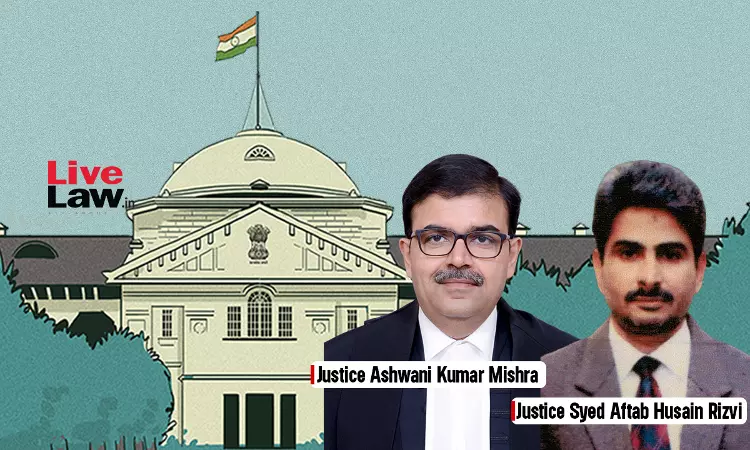Rape-Murder Of 3-Yr-Old Girl | 'Chances Of Reformation Of Accused Not Ruled Out': Allahabad HC Commutes Death Penalty To 30-Yr Jail Sans Remission
Sparsh Upadhyay
23 Feb 2024 11:40 AM IST

Next Story
23 Feb 2024 11:40 AM IST
The Allahabad High Court has commuted the death sentence of a man, who had brutally raped and killed a three-year-old girl in Uttar Pradesh in October 2021, to a fixed-term sentence of 30 years without any benefit of remission.Considering the age of the accused (25 years at the time of the incident) along with his marital status, the bench comprising Justice Ashwani Kumar Mishra and Justice...
